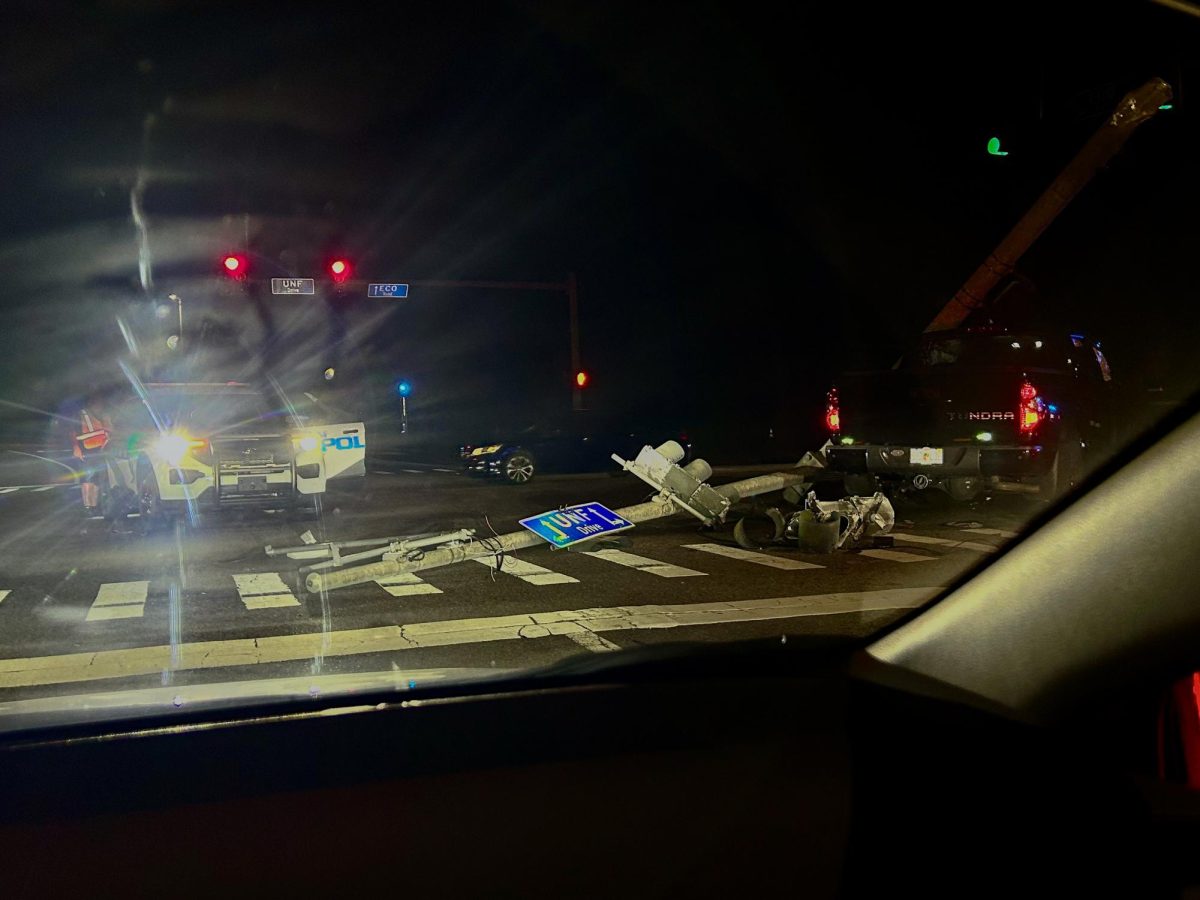You might have heard about the new texting and driving law, which went into effect Monday, July 1. The Wireless Communications While Driving Law (also known as the Texting Law) means that you can receive a citation for being caught texting/emailing/instant-messaging on your phone while driving. It is a primary traffic offense punishable by fines.
The specific legalese of the statute can be found here, but if you would prefer to have it explained to you, here are the basics:
This law is meant to ensure safety for everyone on the road, whether they are walking, driving or riding a bike. You cannot drive the vehicle while “typing or entering multiple letters, numbers, symbols, or other characters.”
However, this law does not apply to law enforcement or emergency services, or in the case where you are reporting emergencies. It also doesn’t apply to the use of navigation services, so you can still use your phone to Google Map your way around campus if you’re trying to find an elusive building or parking lot, according to the specific language of the law.
You can also use a hands-free option to respond to texts, as the law states you can “conduct wireless interpersonal communication that does not require manual entry.” This means you can ask Siri or Google to write the message for you, as long as your hand isn’t on your phone.
How does this affect you on campus?
UNF Police Department’s Chief Mackesy says that while the new law does take effect on Monday, there will be a phasing-in period stretching from now until October 1. During this time, the UNF Police Department will be stopping cars and letting them know about the new law in an effort to raise public awareness of it.
However, starting October 1 is when you’ll want to go totally hands-free.
“Starting October 1, warning tickets can be issued to drivers for infractions,” Chief Mackesy shared. “Paying tickets can be issued starting January 1, 2020.”
Also, if you think you can get away with that *one* little text, think again.
“Once an officer stops a car, there are numerous ways to determine the legitimacy of what the driver is doing on the phone,” Chief Mackesy warns. “If the driver does not cooperate with law enforcement, a paying citation can be issued and it can flesh itself out through the court system.”
In the event that you are texting while driving and cause a crash resulting in an injury or death, this law includes language allowing the use of your phone’s billing records to be admissible as evidence in court.
__
For more information or news tips, or if you see an error in this story or have any compliments or concerns, contact editor@unfspinnaker.com.











